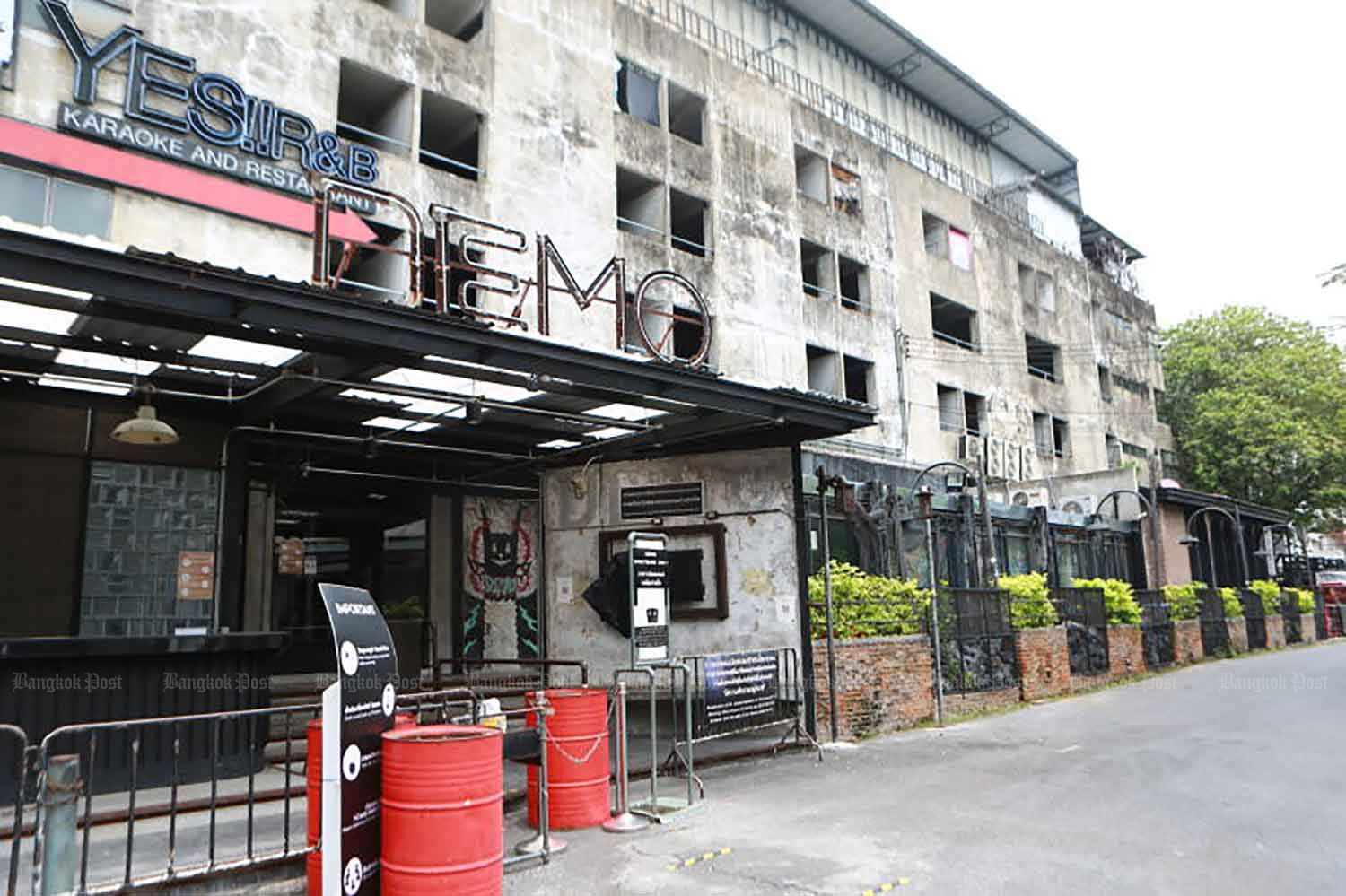
The 17 provinces taking part in the government's tourism reopening programme are expected to be the first to reopen pubs and bars, with licensing hours extended beyond 9pm if the Covid-19 situation doesn't worsen, National Security Council (NSC) chief Supoj Malaniyom said on Tuesday.
"At the moment, the Centre for Covid-19 Situation Administration (CCSA) will stick to the 9pm deadline for serving and selling alcohol while an evaluation of the compliance rate and the Covid-19 situation is carried out over the initial 15 days," said Gen Supoj.
He was speaking in his capacity as the chief of the CCSA's operation centre and after a meeting at Government House on Tuesday with a group of tourism and hospitality business operators who were lobbying for closing time to be pushing back to 11pm.
"The centre is closely monitoring the outcome of the easing of Covid-19 restrictions on alcohol selling and there are discussions on these findings every two days which are then summarised into a full CCSA report every 15 days."
There will be random inspections of venues to ensure compliance with alcohol sales restrictions, he said.
"Any businesses caught breaking the rules will first be warned and legal action will later follow against those which repeat the misconduct," he said.
The infection rate and hospital bed occupancy are likely to be the key metrics that determine a change of policy on Nov 15, he said.
Speaking after Tuesday's meeting with Gen Supoj, Sanan Angubolkul, chairman of the Thai Chamber of Commerce (TCC), confirmed the desire among operators for an 11pm deadline.
"If the reopening of the country proves successful, the number of tourists expected to visit between now and the end of the year is 600,000, as opposed to the 85,000 recorded between January and September.
"And next year that number is expected to rise to about 10 million," he said.
Mr Sanan said he believes the situation in Bangkok has improved greatly as the rate of first doses has already reached 100% and more than 80% of the population have had both shots, although other sources have estimated these rates to be lower.